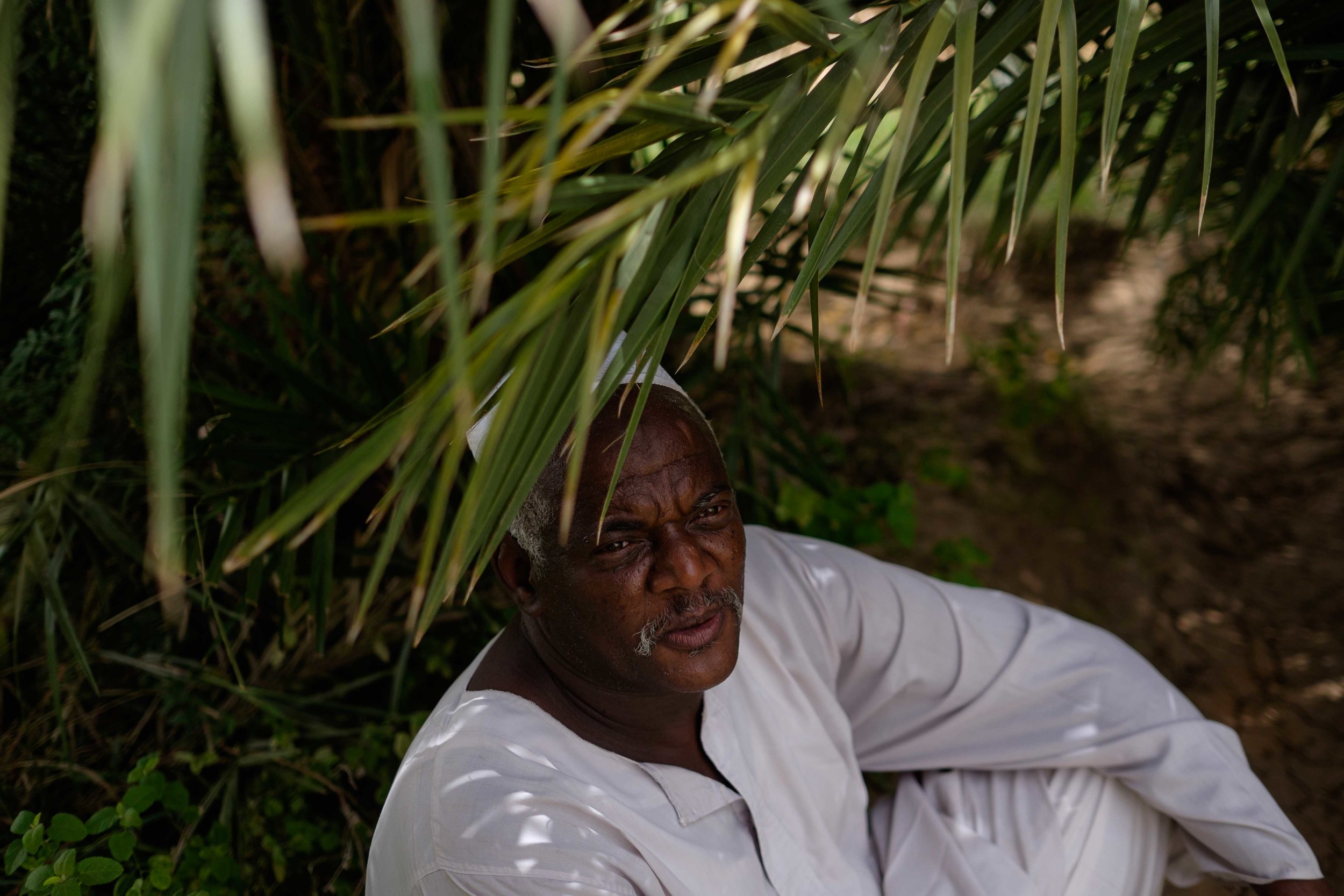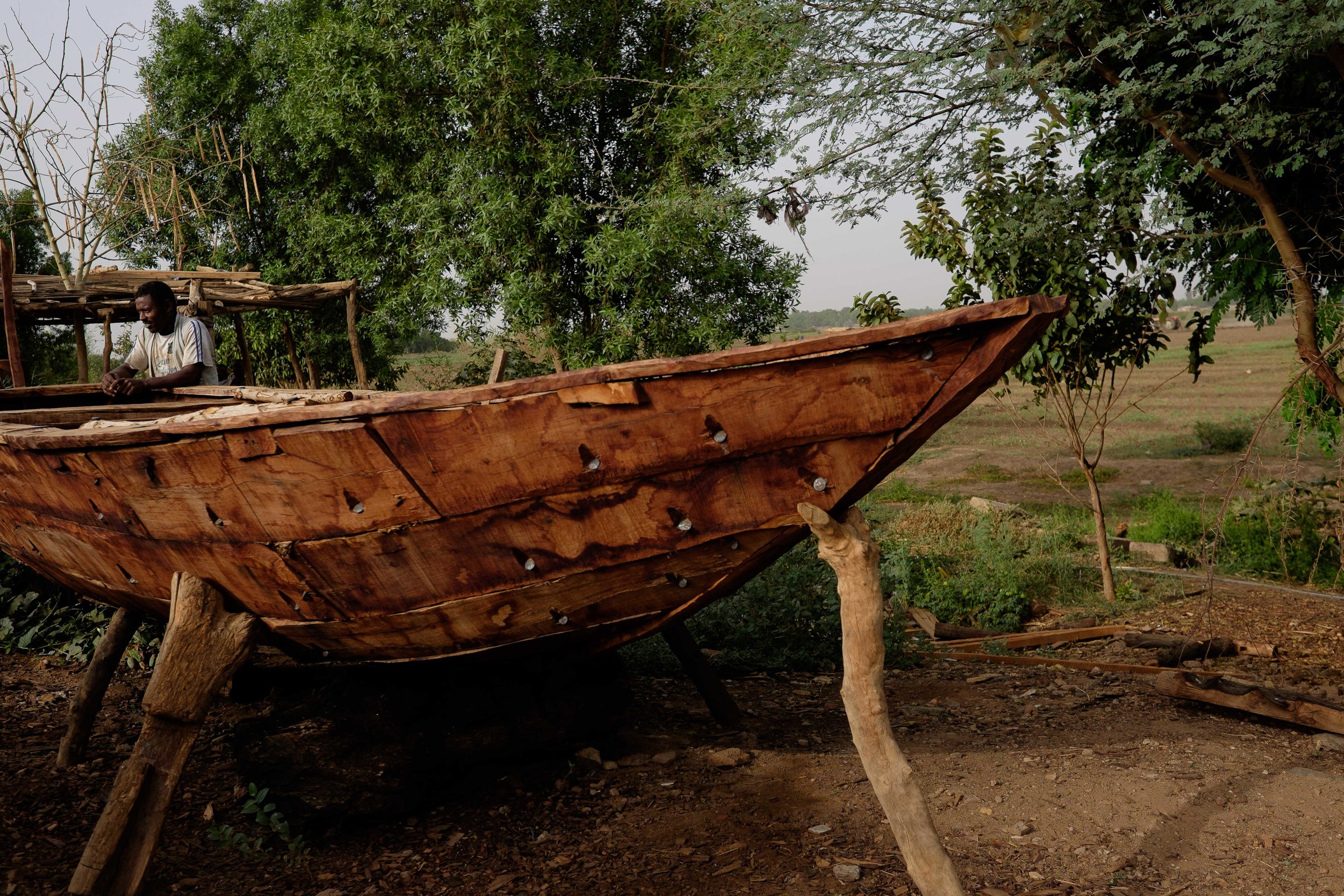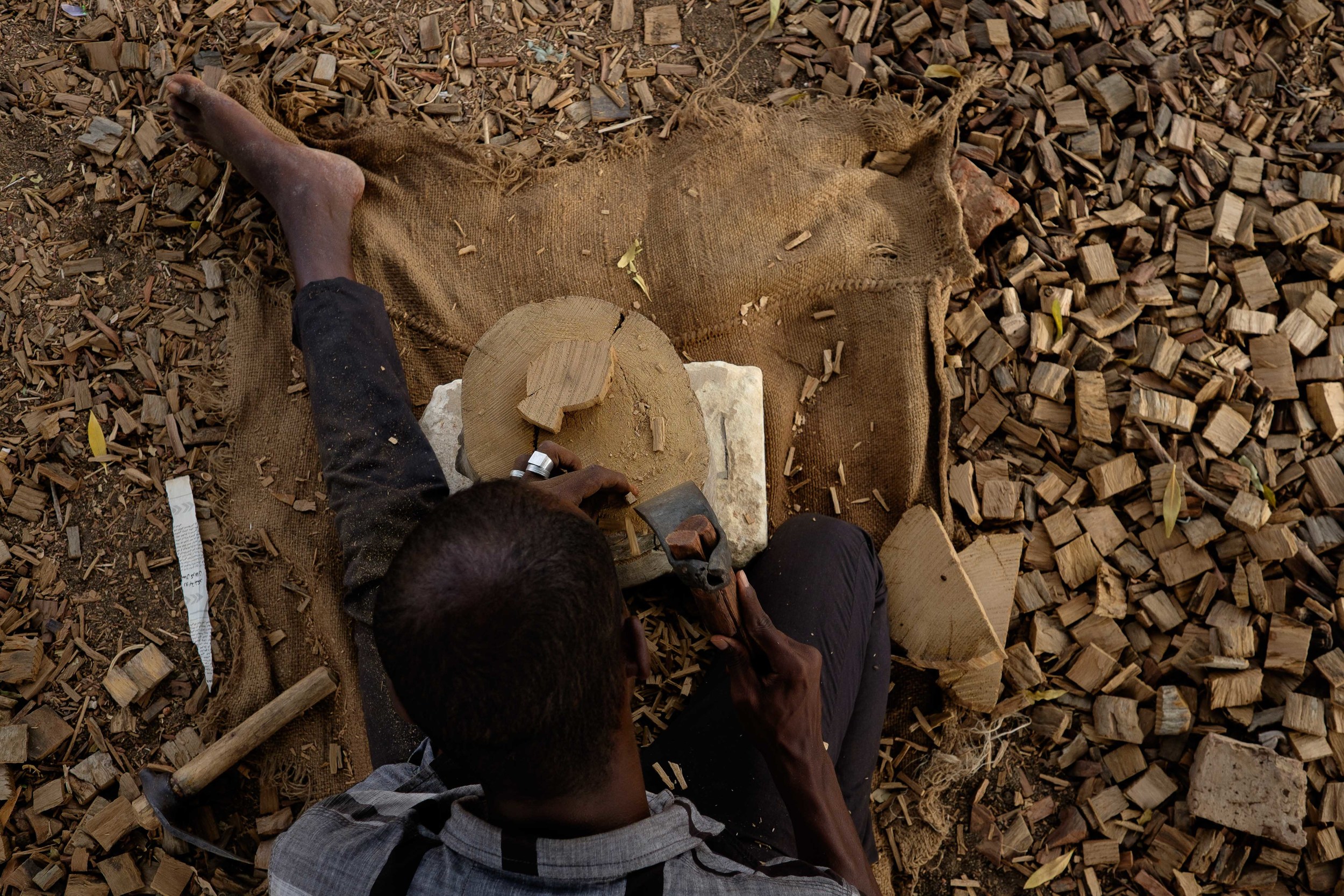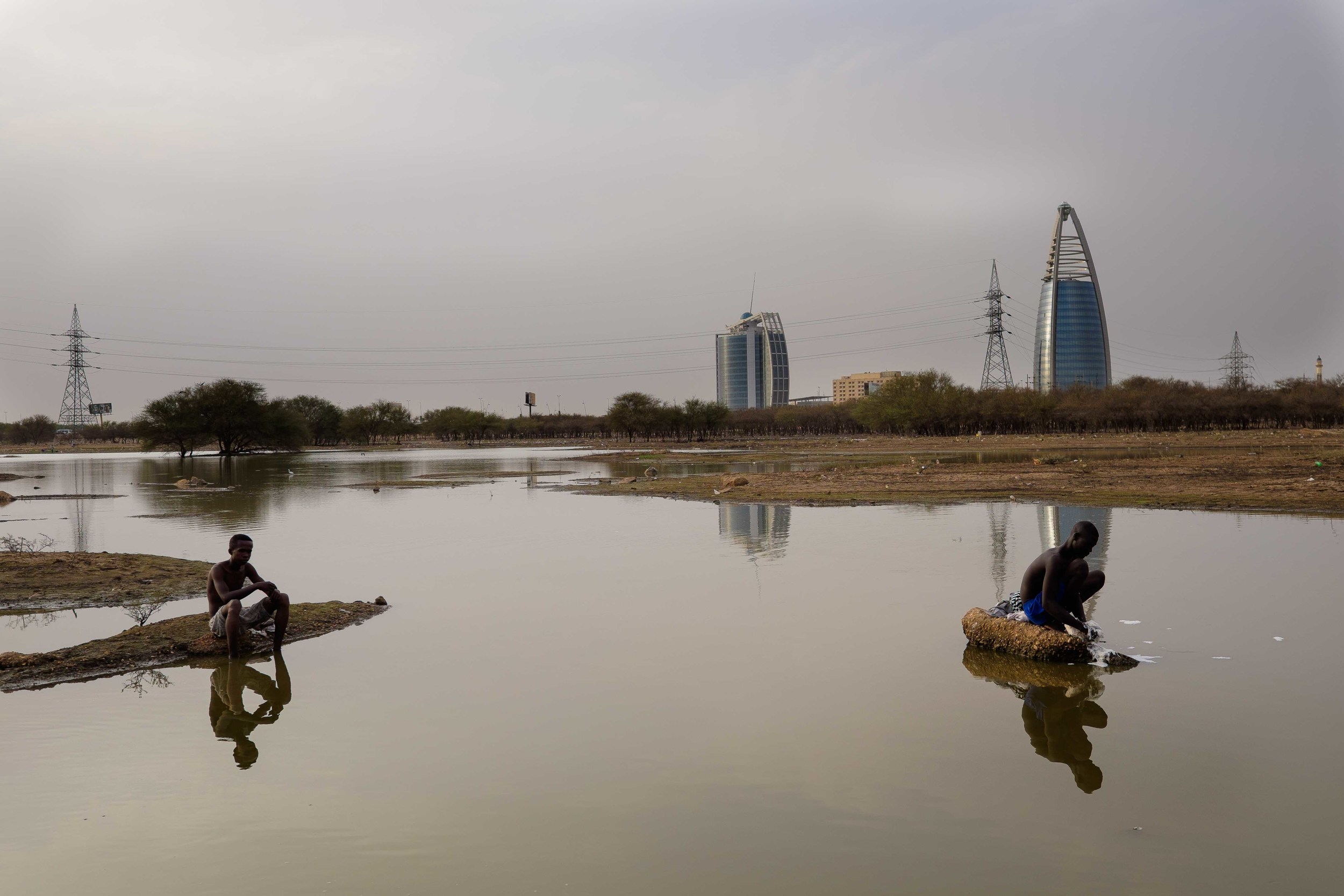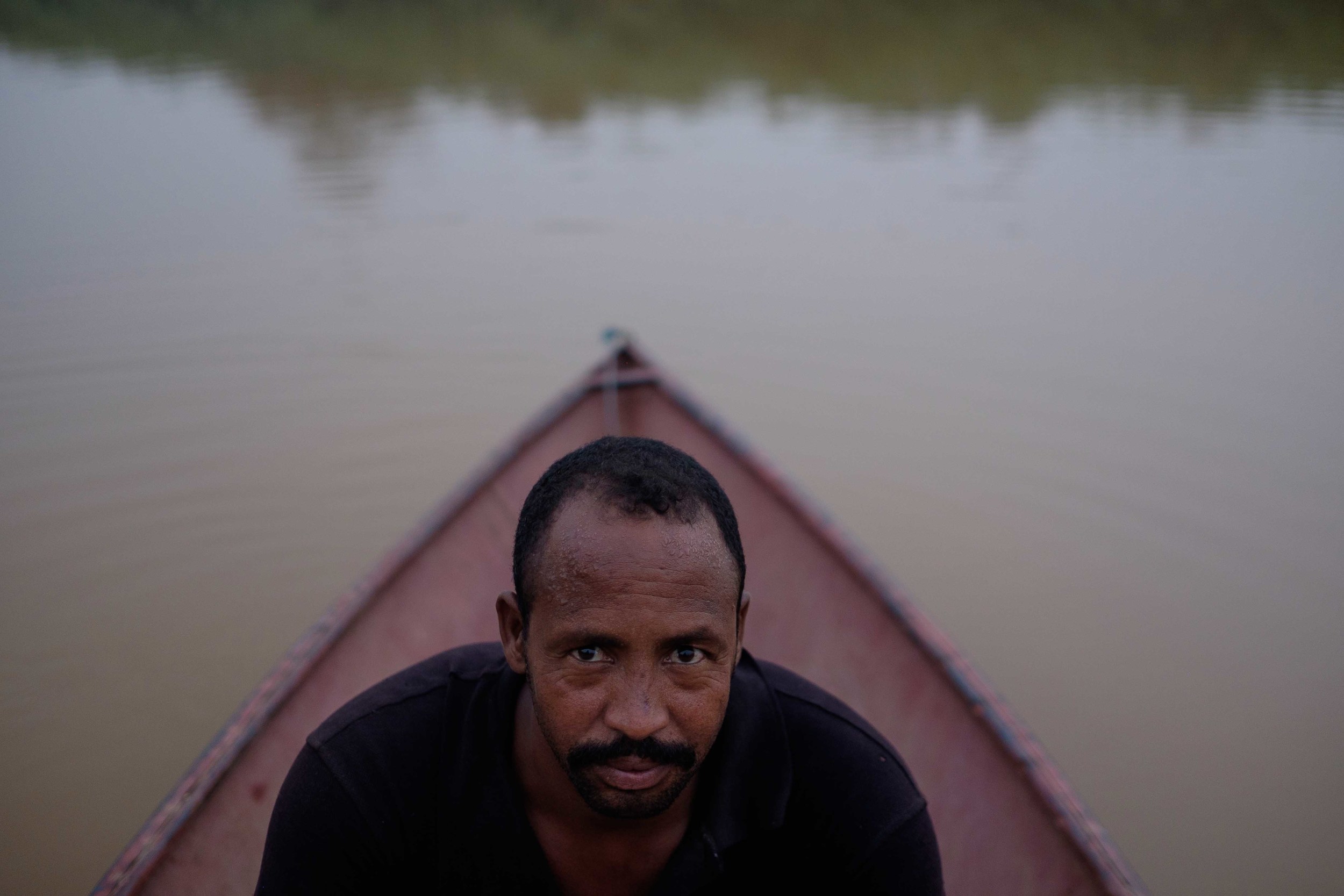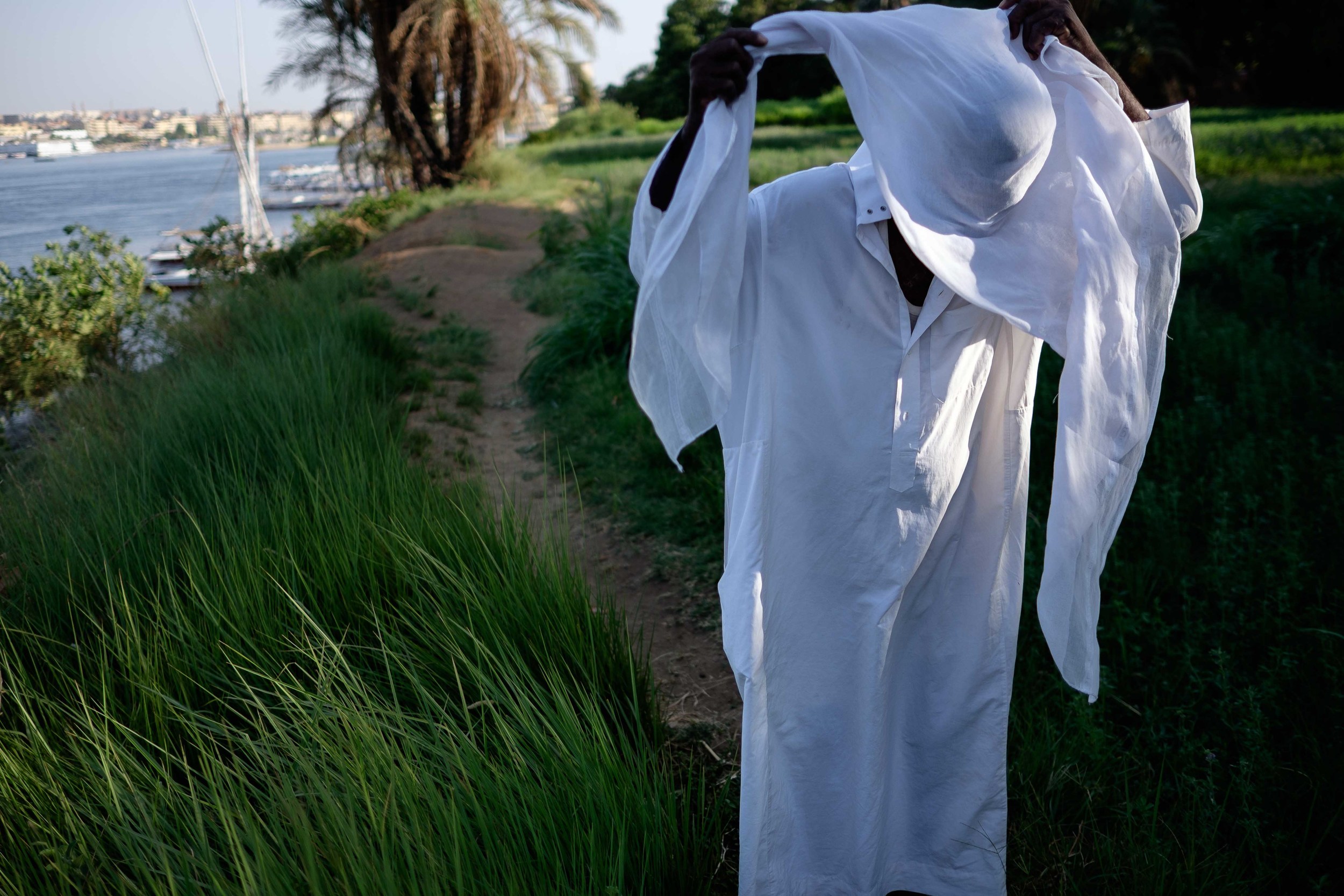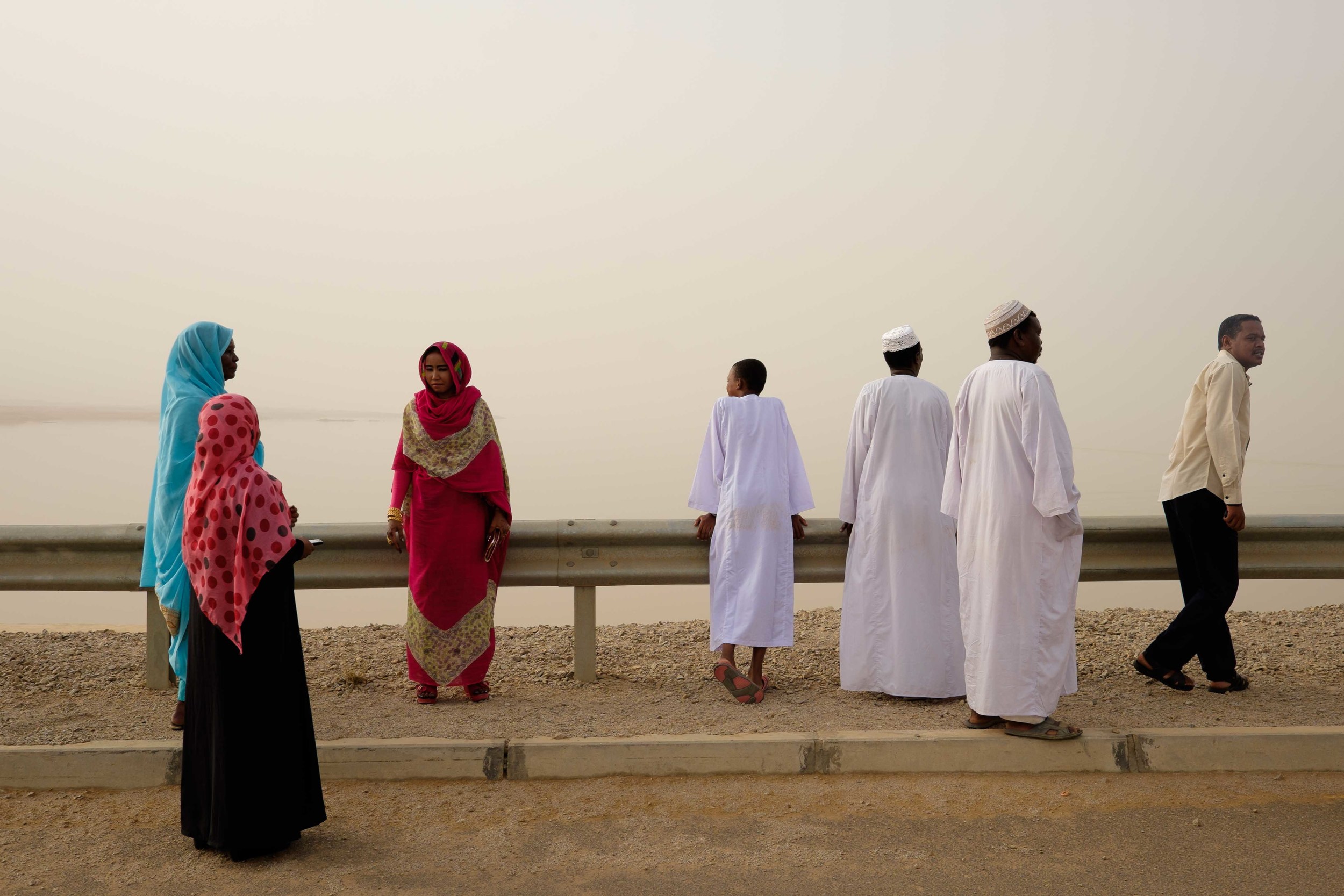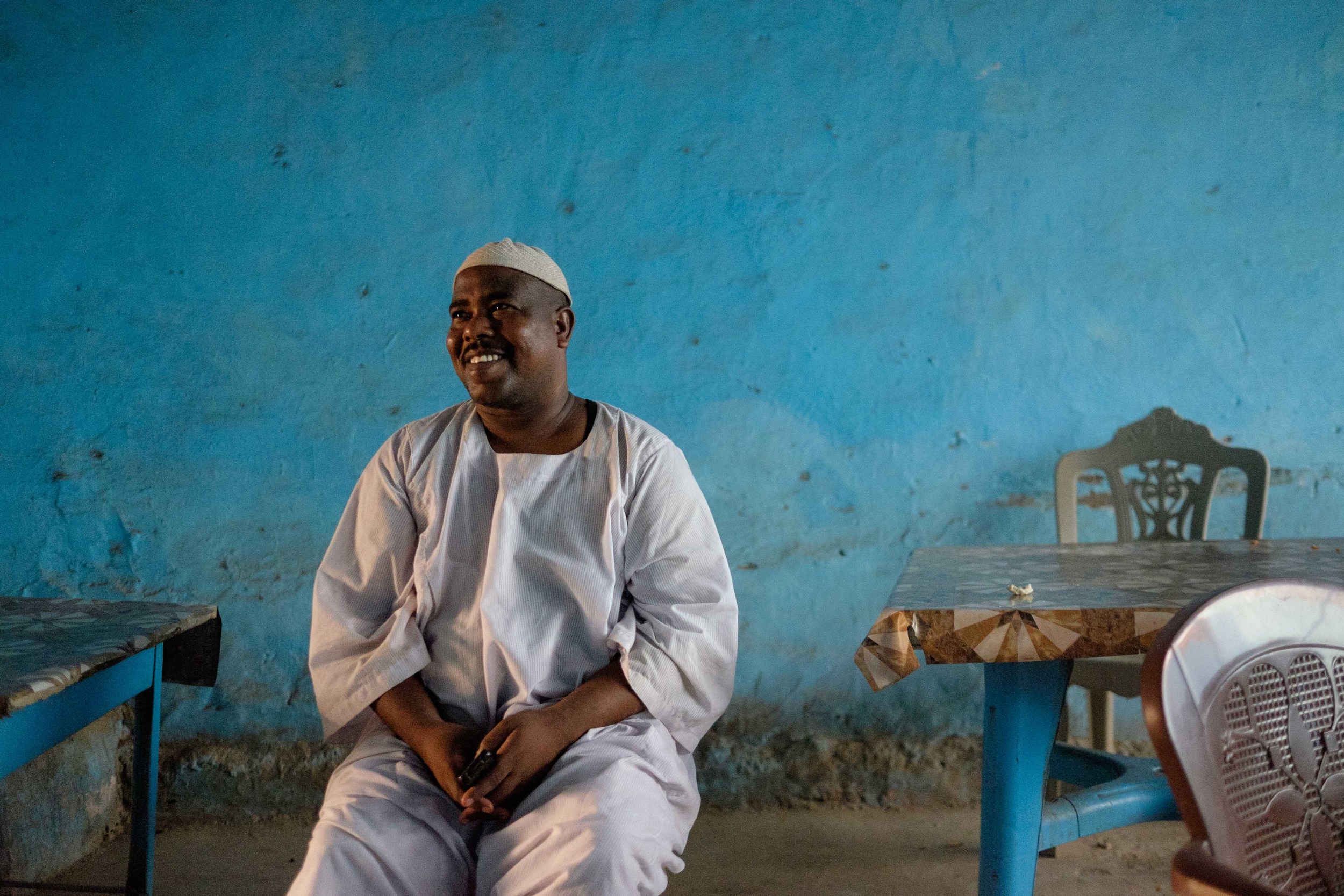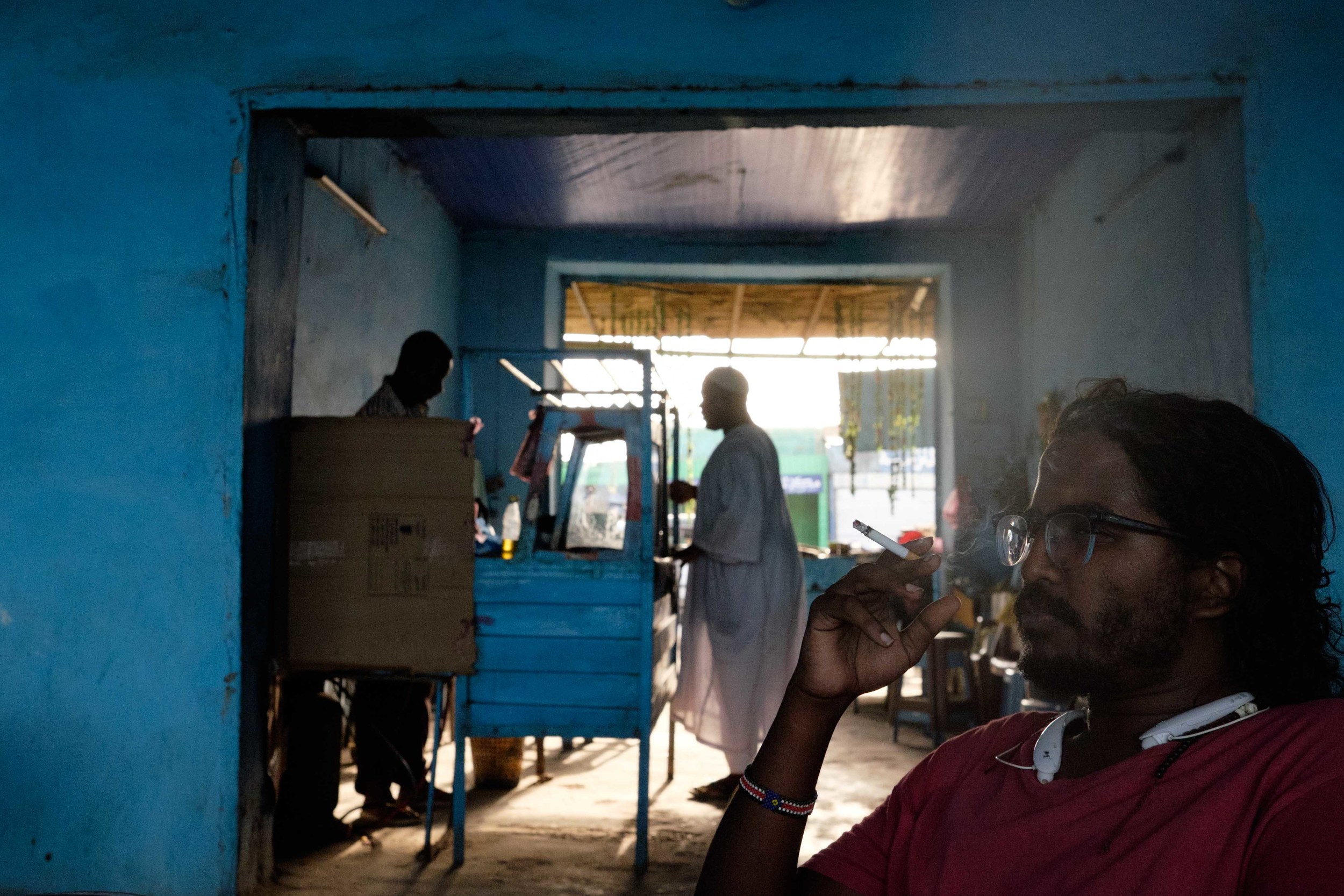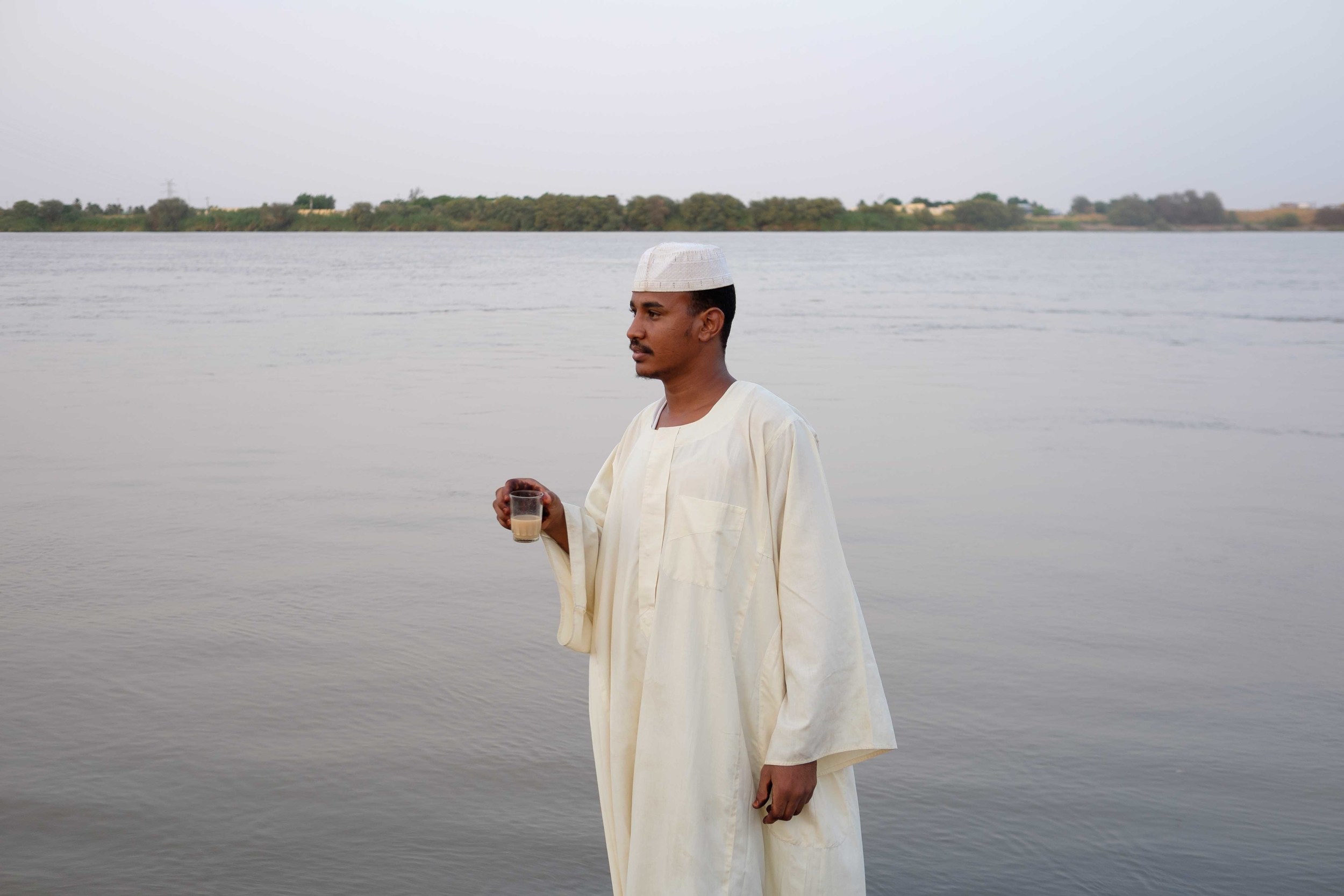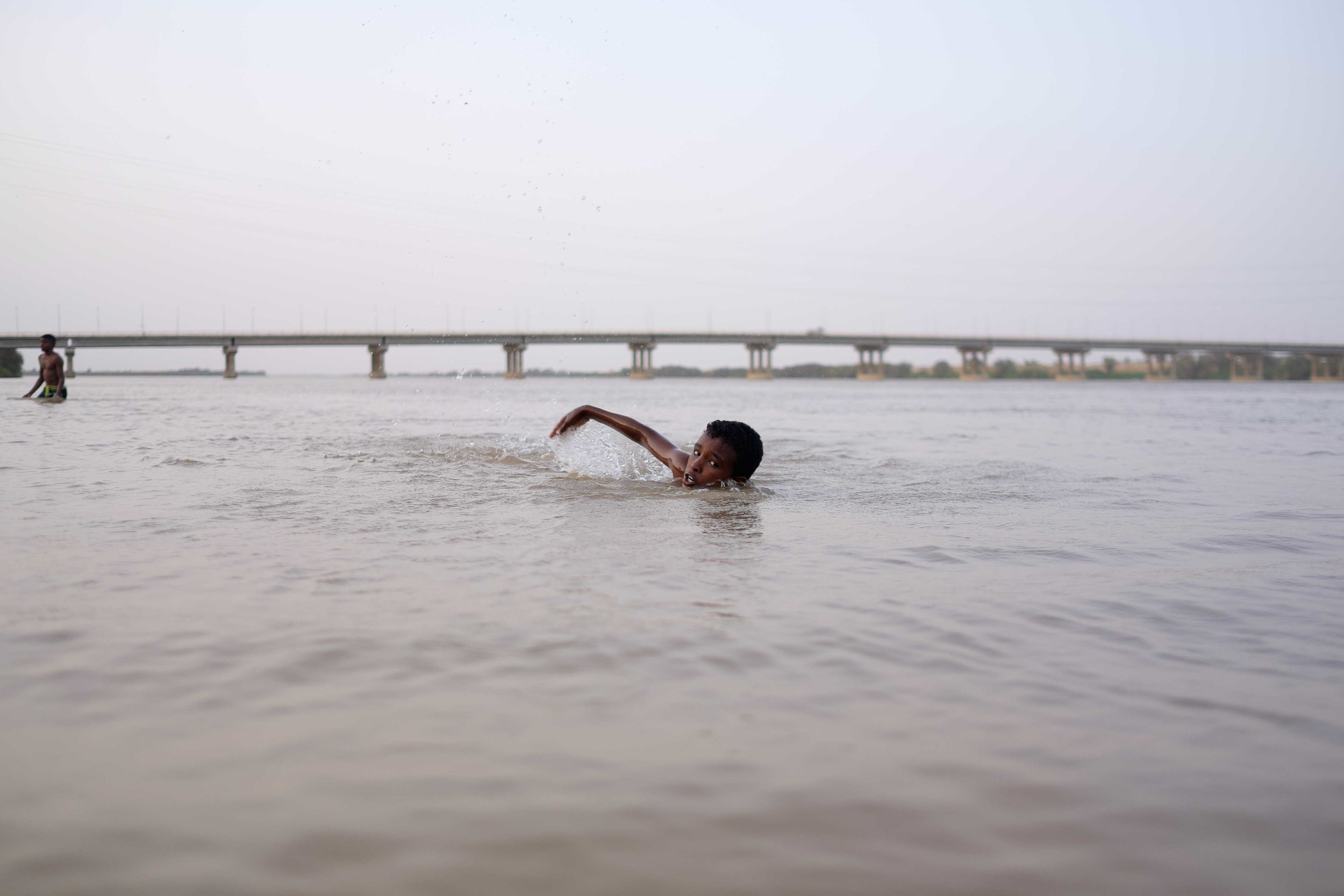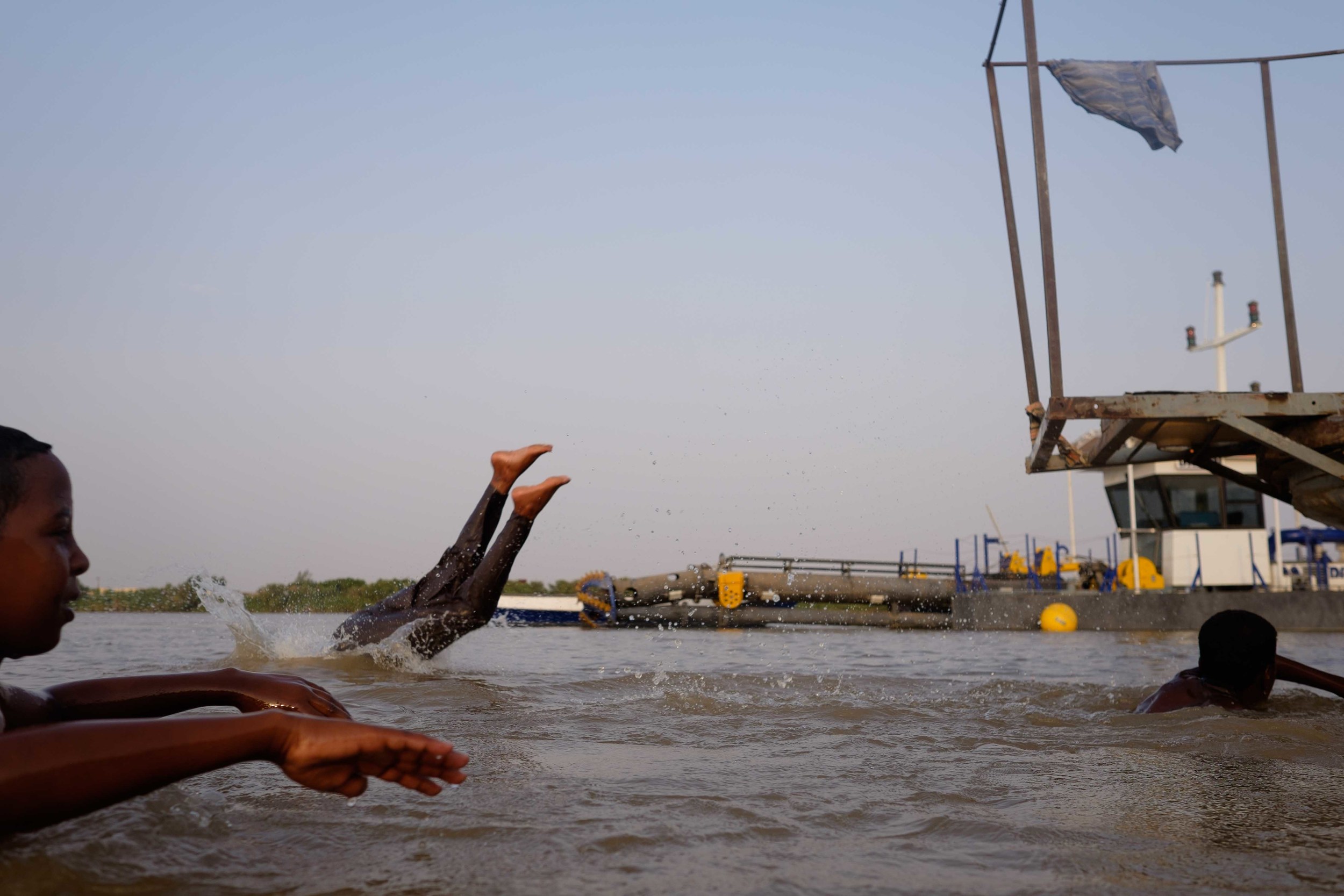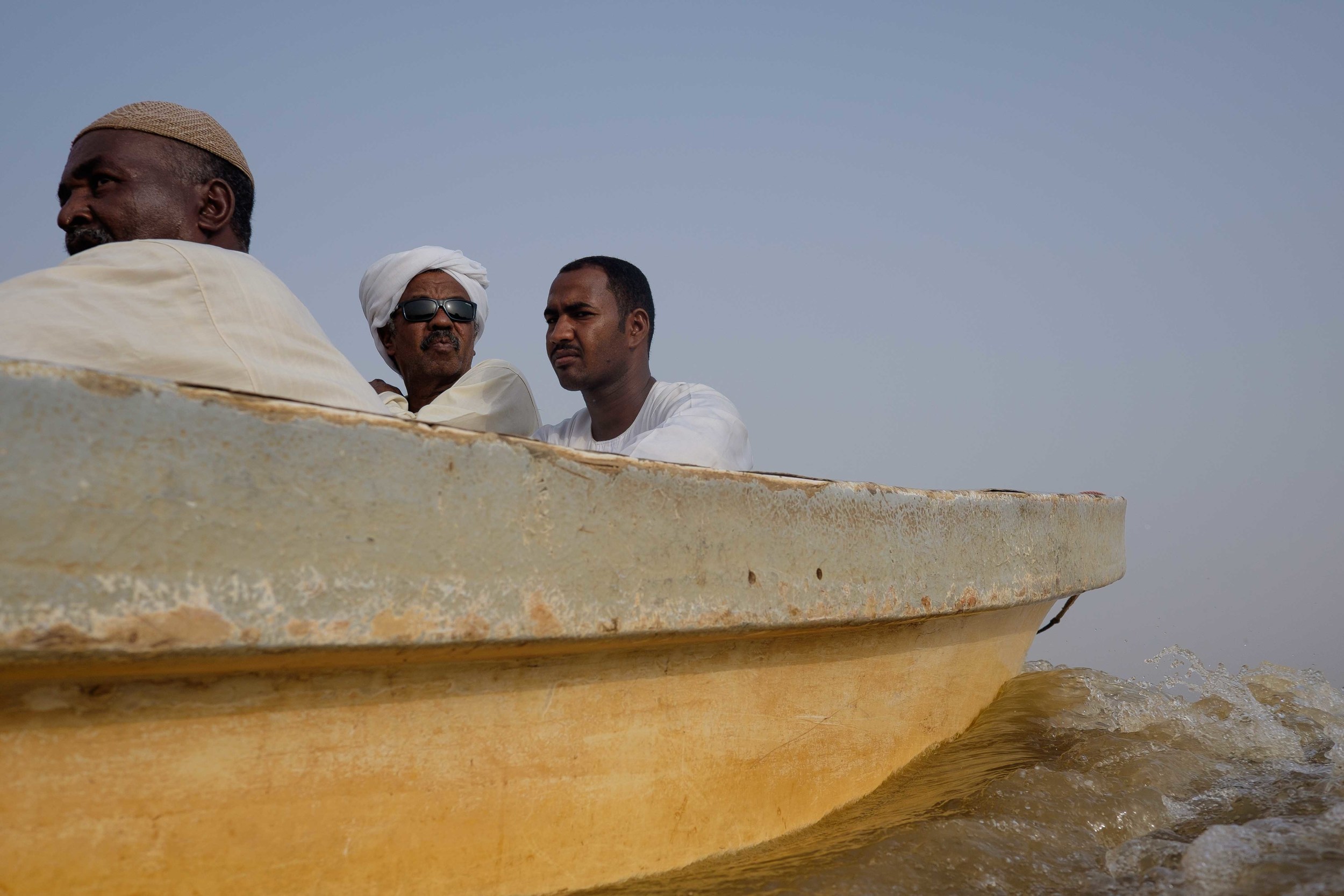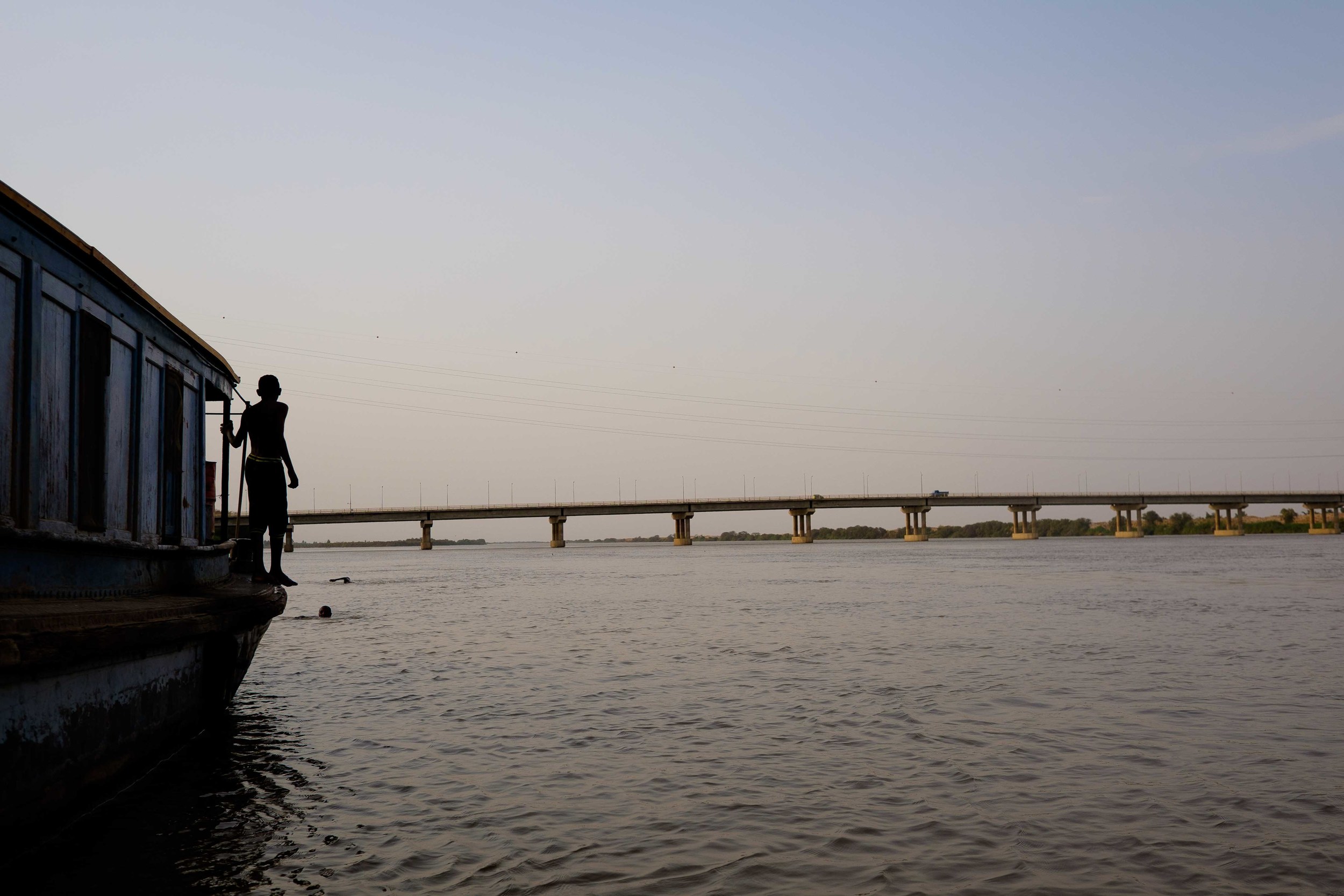Introduce yourself!
My name is Leyland Cecco, and I’m a freelance journalist based in Toronto. I got my start freelancing in Cairo for three years (a blend of photo features and text) and then relocated to Canada. When I first started, I was teaching history and politics full time in a high school, and freelancing on weekends/evenings. Now, I shoot and write full time. Travel is what drew me into journalism, although over time I’ve learned to love sinking my teeth into an extended feature where I get to spend a good deal of time focusing on a single issue.
How does photography influence the way you travel and see the world around you?
For better for worse, images and light define how I see the world. Ever since I bought my first camera at age 22 (about 5 years ago), I’m addicted to the shape, texture and form of the world around me. I remember someone once commenting that I should put my camera down and enjoy the sights around me; but in reality, when I’m shooting, I’m so immersed in everything that it becomes overwhelming.
How did your trip to the Sudan come about? Which region(s) did you visit?
I was contacted by a friend, Peter, who writes frequently for National Geographic, on my birthday. He had received a grant from the Pulitzer Centre to cover the length of the Blue Nile. I agreed right away (figuring logistics would deal with themselves). The planning process was fairly fluid- he knew where he wanted to go, and we would adjust our schedule when events would change unexpectedly. After visa delays cut off a section of our planned travel time, we visited Khartoum State, the Nile State and the Northern State. We were incredibly fortunate to be working with a Sudanese journalist/translator, Husam, who arranged meetings with many great sources for the piece.
Did you have any expectations or preconceived notions about the cultures and environments you would be exposed to? How did they differ from the way they actually were?
Since I had lived in Egypt for three years, I had a rough idea about what to expect in Sudan. Dealing with bureaucracy in that region takes a certain level of patience, but there’s always some nice cultural nuances that can complicate matters. Regardless, I went in with an open mind, and was surprised at the level of hospitality we received in the north. It seems ‘amazing hospitality’ has become a trope for travel writing, but beds were offered to us immediately, coffee and food were omnipresent, and the level of camaraderie between strangers made our time in the north quite special.
How did this trip differ from trips you’ve taken in the past? What surprised you most about your experience?
Because I was traveling for work, there was a level of intensity to each day. We had objectives: Peter had interviews, I had images to shoot. I was shocked by the sheer level of diversity in Sudan. With more than 100 languages, it seems odd to refer to this area as a single country (and recent history continues to highlight this).
What was your experience as a traveler? What foods did you eat? Did you have any favorite/unfavorable culinary experiences?
My litmus test for travelling is: if you tell people where you’re going, and their response is ‘Why would you ever go there?’, then it’s going to be a great trip. Sudan can be tricky to travel in, because travel permits are required anywhere outside of Khartoum. The north is a fairly well-trodden tourist path (although I use the term ‘well-trodden’ liberally- the region gets very few tourists). The most important thing to remember when travelling in the region: be patient. Things will happen eventually, so you might as well drink a ginger-spiced coffee while you wait. Regarding food, if you’re in search of vegetables in north Sudan, you’re out of luck. I’m a fairly voracious eater of anything, so a diet of eggs, bread, meat and coffee kept me going. The north isn’t known for its culinary flair, but it does do the basics well.
Travel has a tendency to look very glamorous, though that is not always the case. What types of challenges did you face during your trip and how did you overcome them?
When we heard Sudan had pyramids that were almost always empty (essentially the polar opposite to Giza), we knew we had to visit. After being dropped off along the desert highway and trekking towards what we thought were the pyramids (they were), we were offered a place to sleep for the night in the tombs. A dust storm was hitting, so we opted to instead hitch a ride on the back of a pickup truck into the nearest village. We ended up in a small rest stop after our first driver decided he was going somewhere else. A heavy rain storm hit, flooding the roads and bringing down much of the structure we were in. Another truck driver offered to bring us into the town, but had to give up mid-way because his truck didn’t have windshield wipers. We slept on straw mats on the ground at a truck rest stop, still wet, until dawn. When we finally made it into the town, all power was out from the flooding. But, the light was great and I got some excellent images, so it all worked out.
What are some of your favorite memories from your experience?
There are sanctions against Sudan, but that doesn’t stop hilarious knock-off brands from entering the market. In Khartoum, there’s a cafe called StarBox, and they’ve essentially ripped off Starbucks. There’s also a KFC rip off called Kafory Fried Chicken. There’s definitely some great humour there as well. While driving along the desert, we stopped to interview two men at an irrigation project. After a few minutes, our translator burst out laughing and couldn’t stop. He told us there’s a tree that is a scourge to the farmers: it sucks up all of the water in the area, grows unencumbered and has a root system that ruins fencing, pipes and anything else in its way. The farmers have called it National Congress.
What’s next for you? Do you have any final words of advice?
For now, I’m back in Canada working on longer form features. My next trip is a month up to the Canadian Arctic to report on social issues and diaspora facing the local Inuit community.
To see more of Leyland's photography and travels, be sure to visit www.leylandcecco.com and follow him @leylandcecco on Instagram.
Images Courtesy of Leyland Cecco/Pulitzer Center for Crisis Reporting
DID THIS STORY HELP YOU?
If you enjoyed this piece and would like more content like this, please consider a donation to Spirited Pursuit - we'd be so grateful!


